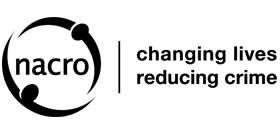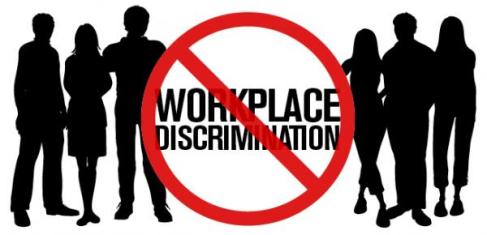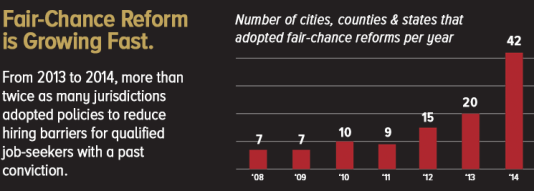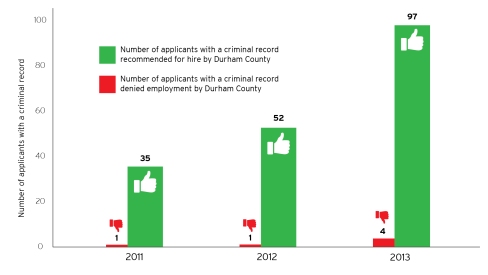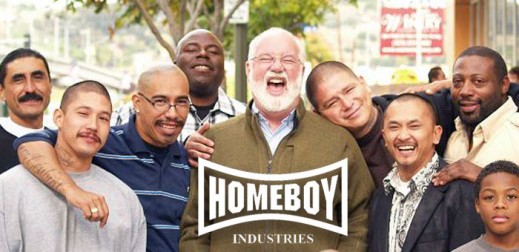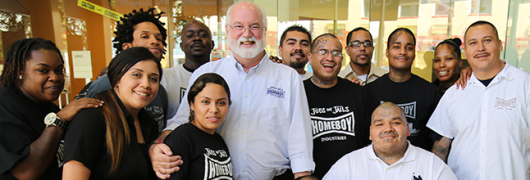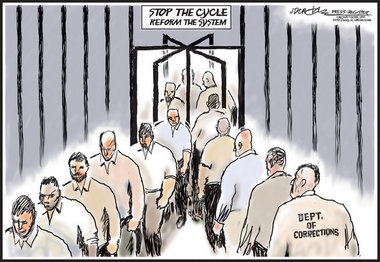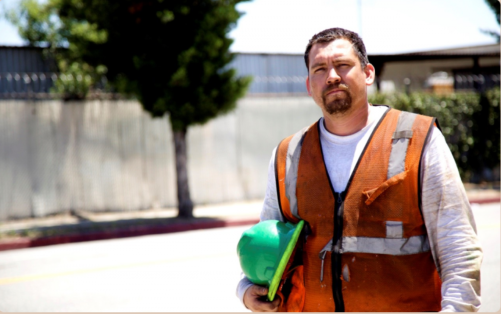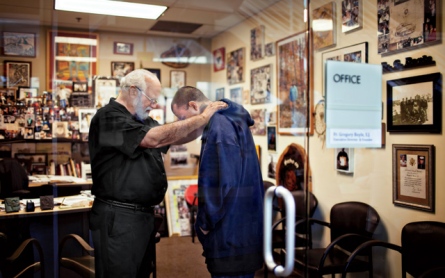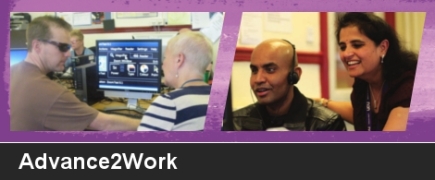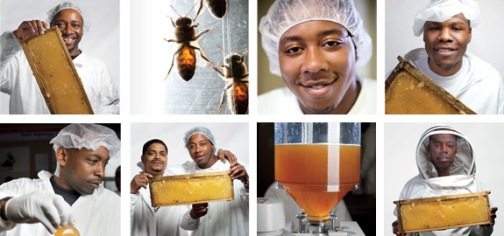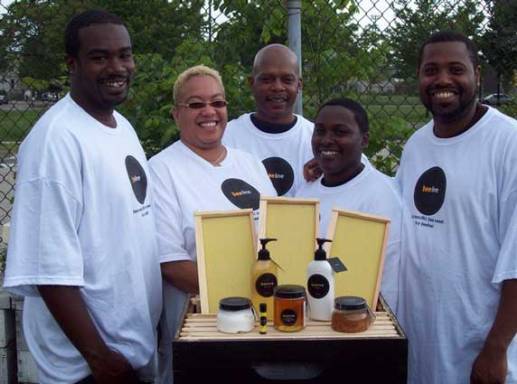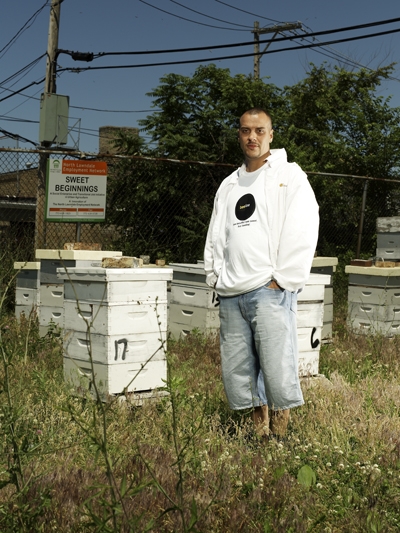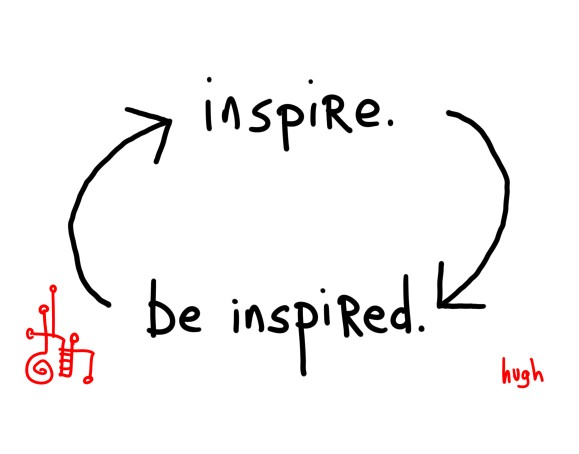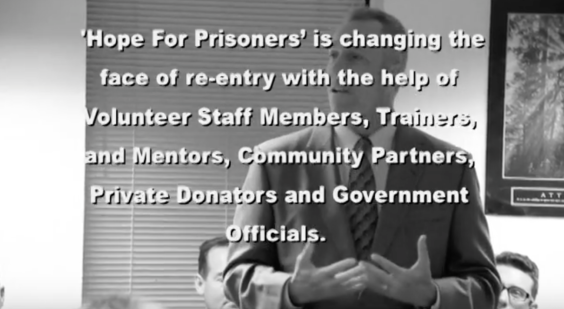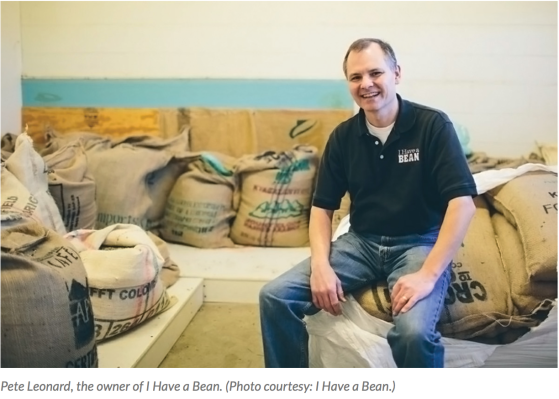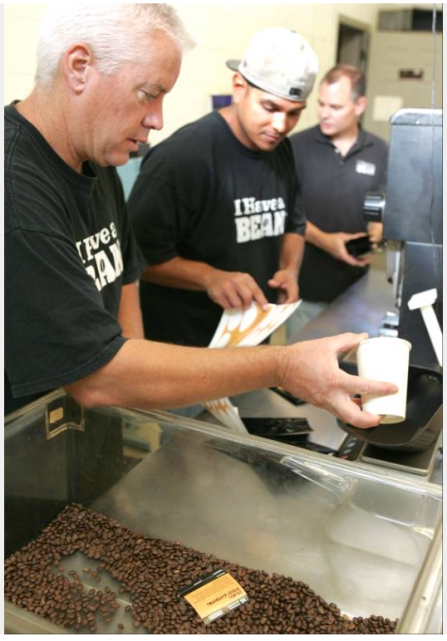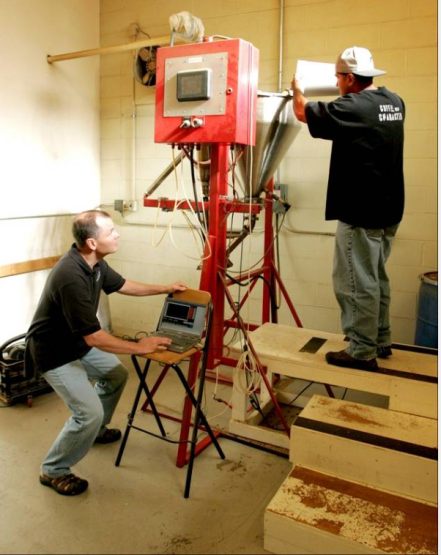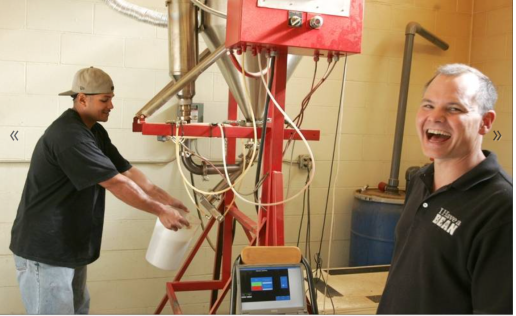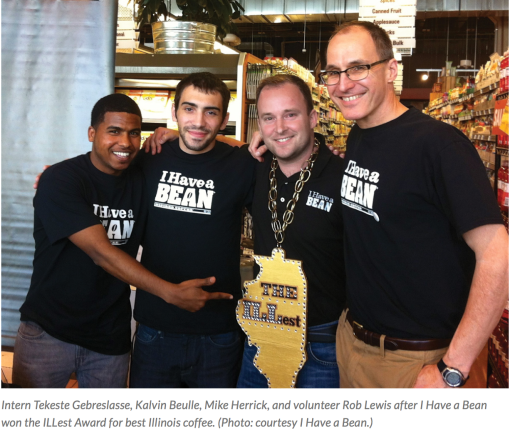Reducing recidivism is not the only priority of the correctional system; however, if the system is intended to deter further criminal activity, it is an important one. When ex-offenders reintegrate into the community, they face a number of barriers to employment. By providing ex-offenders with the supports and services they need to find and maintain employment, it help to reduce recidivism.
Why should we help to reduce recidivism? Because when ex-offenders are productively engaged in their communities, working and supporting their families, the community is safer and their families are more economically secure.
According to literature put out by the National Institute of Corrections and many others in the field, the research indicates that for a correctional system to be effective at reducing recidivism it must adhere to three core concepts:
Ways of reducing recidivism:
1. Collaboration between all law criminal justice partners
2. Organizational development – this means that all organizations involved must be on the same page and buy into the plan.
3. All partners involved need to engage in 4. Share support information: Knowing which support groups and other resources are available is a reassuring safety net for released inmates. 5. Education: Inmates that serve longer sentences tend to be far less educated than those that serve shorter sentences. 6. Help job research: Having a job waiting upon release is an important insurance that an inmate can restart life with a positive outcome, and it is usually a requirement for parole to be granted. 7. Move from tolerance to accept: To truly accept others, faults and all, is a level rarely attained by most people. To merely “tolerate” others that are different from us – race, ethnicity, religion, etc… It is no longer sufficient if we really want to reduce recidivism.
Our Attitudes help to reduce recidivism:
We should not just assume that prison programs work, even when they are evidence-based. We must always be measuring our efforts to make sure that they are delivering the outcomes that we want. An outcome isn’t people stepping up to the next phase of treatment, or serving increasing numbers of inmates, these are outputs. An outcome is a change in behavior after release from prison.
-by Xinru Liu

